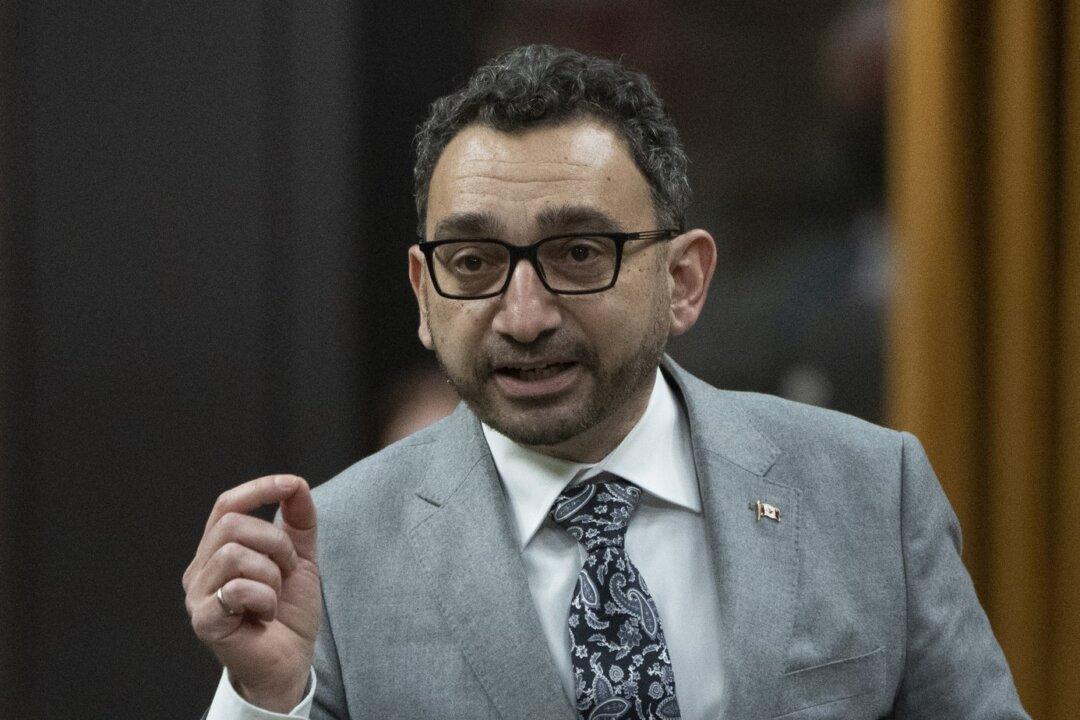The federal government was not responsible for airport delays, which were instead caused by labour shortages and an influx of Canadians looking to travel after certain COVID-19 travel restrictions were lifted earlier this year, says Transport Minister Omar Alghabra.
“I blame it on COVID,” said Alghabra while appearing before the House of Commons transport committee on the subject of airport delays and cancellations.





